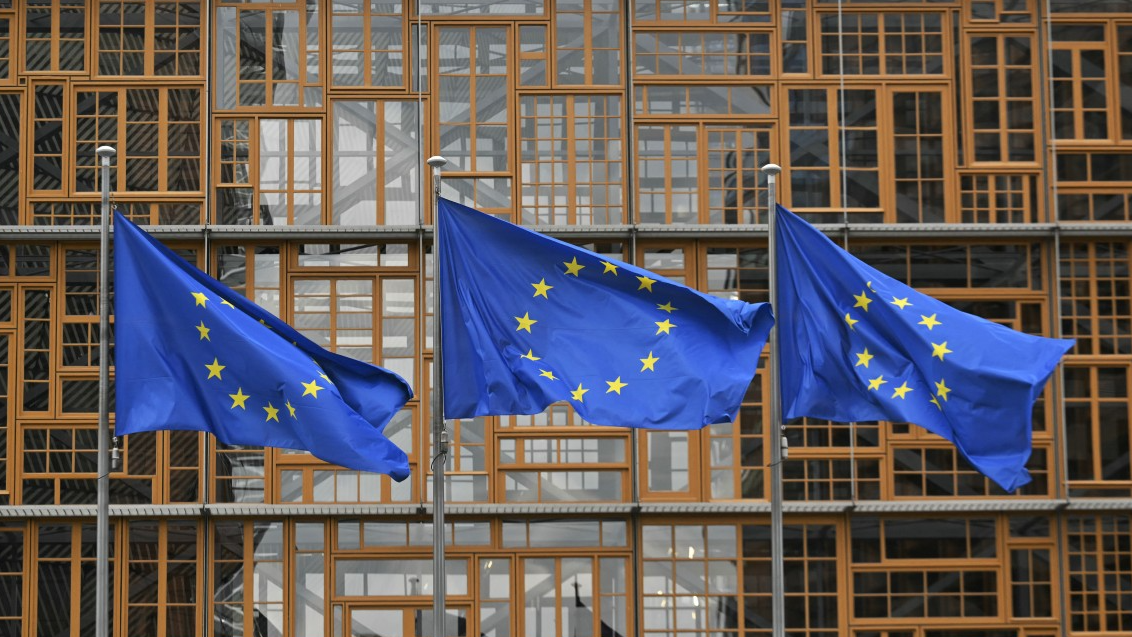
LONDON - European governments are examining whether US President Donald Trump can force them to pay more for prescription medicines, after he issued an executive order to lower US drug prices, roiling the global pharmaceutical industry.
On Monday, Trump took aim at governments paying a fraction of what Americans have to shell out for their medicines, and directed the use of trade policy to force other nations to pay more for prescription drugs.
The Trump administration wants to reduce the gap between US drug prices and those in other developed countries such as many in Europe, where prescription drugs cost, on average, one-third what they do in the United States.
Denmark's industry and business minister Morten Bodskov plans to meet with drugmakers based in his country to discuss the order. He did not give details about the meeting.
"The uncertainty (caused) by the US is bad for the world," he told Reuters. "Danish pharmaceutical companies are among the best in the world and are of great importance to Denmark. The message from Trump does not change that."
The country of six million has benefited from the expansion of Novo Nordisk and the outsize demand for its diabetes drug Ozempic and for Wegovy, one of the powerful new weight-loss drugs singled out by Trump in his push to lower prices.
Novo, Europe's third-largest listed company worth 265 billion euros ($295.74 billion), said it looked forward to the meeting.
In the US, drug prices are shaped by complex negotiations involving pharmacy benefit managers that act as middlemen between drugmakers and employer clients and health insurers and have been criticised for inflating costs. In Europe, countries generally have public health systems that negotiate directly with manufacturers and keep costs down.
ALSO READ: EU not to be pressured into unfair US tariff deal, says trade chief
The European Commission, the EU executive, will assess the impact of Trump's order on European companies, a spokesperson told reporters on Tuesday.
"We know the pharmaceutical industry faces challenges both in the US and the EU," the spokesperson said, noting Commission President Ursula von der Leyen had met with executives last month to address concerns about the threat of US tariffs on medicines.
Trump's effort during his first term -- through a more limited executive order focused on certain drugs covered by the government's Medicare program -- was blocked by a court.
Trump said if drugmakers do not cut prices they could be hit with tariffs. His administration launched a probe last month into pharmaceutical imports as a potential precursor to placing levies on medicines on national security grounds.
"The United States will no longer subsidize the healthcare of foreign countries, which is what we were doing," Trump said on Monday. "I'm not knocking the drug companies. I'm really more knocking the countries than the drug companies."
Although Americans pay significantly more for medicines, they have access to a greater number of treatments. Some 55 percent more cancer drugs were launched in the US than in the UK over the past three decades, according to a 2024 study in the British Medical Journal.
An AstraZeneca spokesperson said the company supports fairer global sharing of pharmaceutical costs, but that changes must avoid "disrupting patient care, undermining US biotech leadership, or stifling innovation."
Confidential prices
Seven drug pricing experts and lawyers told Reuters it is unclear how the administration could legally demand confidential contract details between drugmakers and governments. That information would be needed as Trump's order calls for giving drugmakers price targets within a month.
Strict cost containment measures and reimbursement policies prevent drugmakers from charging Britain's financially strapped state-funded National Health Service more for new drugs, said Daniel Howdon, a health economist at the University of Leeds.
"Unless there is some sort of overhaul of UK law or policy, Trump's order will not be able to achieve higher prices," he said.
A spokesperson for Germany's health ministry told Reuters it was not possible to predict how the US order may be implemented.
Germany has a "clearly defined framework for price negotiations on medicines between statutory health insurance and the pharmaceutical industry," the spokesperson said.
The call for developed countries to pay more for drugs so the US can pay less comes as worries grow that uncertainty caused by Trump's whiplash trade war will dampen the 27-nation bloc's already-weak economy.
Even with the threat of tariffs, governments may be unable and unwilling to spend more on medicines, particularly as populations age and healthcare budgets tighten, UBS analyst Trung Huynh said.
The UK government does not publish the prices it pays for NHS drugs, but a source at the UK's Department of Health and Social Care said prices for some treatments are about a quarter of those paid by the US.
The DHSC did not respond to a request for comment.
Still, a source at a European drugmaker told Reuters the Trump administration could still exert pressure to try to force governments to alter their longstanding pricing practices embedded in national health systems.
"I read this as him showing pharma all of the negotiating tools he has at his disposal," said Anna Kaltenboeck, a health economist at Verdant Research, "and giving them some credible threat based on his willingness to impose tariffs so far."


